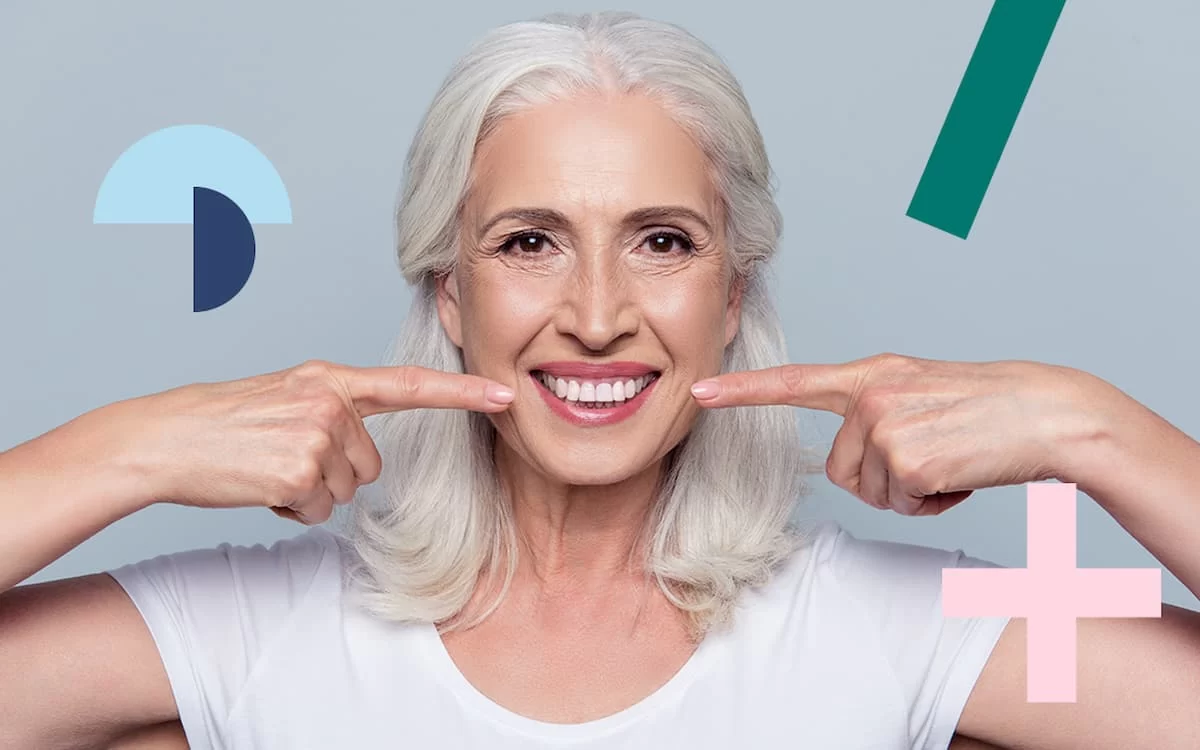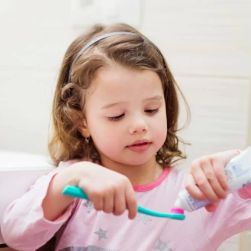Dental Hygiene for the Elderly: Essential Tips for Maintaining Healthy Teeth
- Importance of Dental Hygiene for Seniors
- Challenges of Elderly Dental Care
- Best Oral Care Practices for Older Adults
- Recommended Dental Products for Seniors
- How to Deal with Common Dental Issues in the Elderly
- Maintaining Healthy Teeth Throughout Senior Years
Importance of Dental Hygiene for Seniors
As we age, maintaining good dental hygiene becomes even more critical. Seniors face unique oral health challenges, such as a higher risk of tooth decay, gum disease, and tooth loss. Poor oral hygiene can also contribute to other health problems like heart disease and diabetes. For elderly individuals, regular brushing and flossing, along with regular dental checkups, are essential practices to ensure healthy teeth and gums.
Dental hygiene for the elderly isn’t just about preserving a bright smile. It’s about improving their quality of life by preventing painful dental conditions that can affect eating, speaking, and overall health.
Challenges of Elderly Dental Care
Dental care for seniors presents some specific challenges. As people age, their enamel naturally wears down, and their teeth become more susceptible to cavities and sensitivity. Additionally, many seniors suffer from dry mouth, which can contribute to tooth decay. Conditions like arthritis can make it difficult to hold a toothbrush or floss effectively. Furthermore, some elderly individuals may have cognitive decline, which can impact their ability to maintain consistent oral hygiene routines.
Seniors are also at a higher risk of periodontal disease, which can lead to gum recession, infection, and tooth loss if not addressed promptly. Regular dental visits and proper care are crucial to managing these issues and preventing more severe complications.
Best Oral Care Practices for Older Adults
Oral care routines for the elderly should be tailored to address the specific challenges they face. Here are some best practices for maintaining healthy teeth:
- Brush Teeth Twice a Day: It’s important for seniors to brush their teeth at least twice daily using fluoride toothpaste. A soft-bristled toothbrush is recommended to prevent damage to the gums and enamel.
- Floss Daily: Flossing helps remove food particles and plaque from between the teeth and along the gumline. If manual flossing is difficult, consider using floss picks or a water flosser.
- Rinse with Mouthwash: Mouthwash can help seniors combat dry mouth and reduce plaque buildup. Look for an alcohol-free mouthwash that is gentle on the gums and teeth.
- Stay Hydrated: Drinking water throughout the day helps maintain saliva production, which is essential for oral health. Dehydration can lead to dry mouth, which increases the risk of cavities and gum disease.
Recommended Dental Products for Seniors
There are several dental products designed specifically for elderly individuals. These products can help improve oral hygiene and address age-related dental concerns:
- Electric Toothbrushes: An electric toothbrush can make brushing easier and more effective, especially for those with arthritis or limited hand mobility. Many electric toothbrushes come with built-in timers to ensure proper brushing time.
- Toothpaste for Sensitive Teeth: Seniors with sensitive teeth can benefit from toothpaste specifically designed for sensitive teeth. These toothpastes contain ingredients that help reduce sensitivity and protect the enamel.
- Water Flossers: A water flosser is a great alternative for seniors who have difficulty using traditional floss. It uses a stream of water to clean between teeth and along the gumline, providing an effective and gentle cleaning method.
- Gum Stimulator: A gum stimulator helps massage and stimulate the gums, promoting blood flow and preventing gum disease.
For more information on recommended dental products for seniors, visit Dentistry Toothtruth.
How to Deal with Common Dental Issues in the Elderly
As people age, they may face several dental issues that require special attention:
- Dry Mouth: Dry mouth is a common problem for older adults and can lead to increased tooth decay. Seniors can manage dry mouth by drinking plenty of water, using saliva substitutes, and avoiding caffeine and alcohol.
- Gum Disease: Gum disease can lead to tooth loss if untreated. Regular brushing, flossing, and professional cleanings are essential to prevent gum disease.
- Tooth Decay and Cavities: Seniors with reduced enamel should be especially vigilant about cavities. Fluoride treatments and using fluoride toothpaste can help remineralize the enamel and prevent further decay.
Maintaining Healthy Teeth Throughout Senior Years
Maintaining good dental hygiene as you age can significantly improve your quality of life. Regular dental visits are key to detecting issues early and addressing them before they become more serious. Seniors should aim for biannual dental checkups and cleanings, which help maintain oral health and prevent complications like gum disease and tooth loss.
Additionally, seniors should maintain a balanced diet rich in vitamins and minerals to support their oral health. Foods like dairy products, leafy greens, and nuts provide essential nutrients for strong teeth and gums.
Regularly practicing good dental hygiene, staying hydrated, and using the right products can help seniors maintain healthy teeth and gums well into their later years. To learn more about senior dental care and find the best products for elderly oral health, visit Dentistry Toothtruth.



